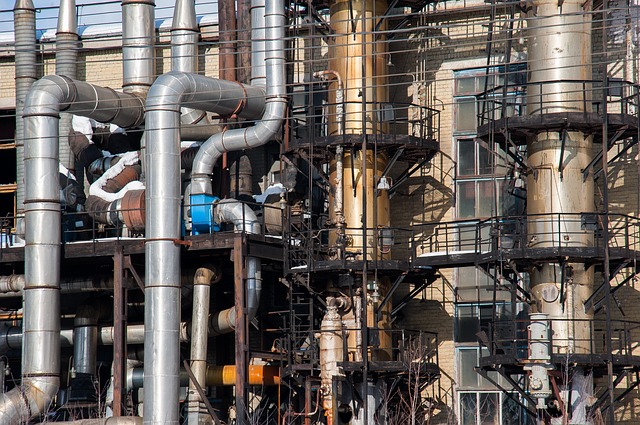Almost everyone relies on petrol on a daily basis. Petrol is used to power cars, trains and aeroplanes, it is also used to generate electricity and to make all kinds of goods including plastic. Petrol is one of the most important commodities in the world but how much do you know about the history of the fuel? Here is a brief version of the story of petrol.

Crude oil, the main ingredient required for the refining of petrol is believed to have been used for about 4000 years. It is thought that the Chinese were the first to extract and use oil for use as a fuel, Chinese writings dating back about 2000 years confirm this idea. The Chinese people began to mine the oil with wells drilled in the ground using bamboo poles.
The modern story of petrol began back in 1847 when James Young, a Scottish chemist noticed a natural oil seepage in the north of England. Young then distilled this into 2 different oils, one was a thin oil that was suitable for use powering lamps and another thicker oil that was suitable for lubricating machinery. James Young ran a successful business distilling the oils for a few years but the supply was soon exhausted in 1851.
Shortly afterwards, in the United States, Samuel Kier became the first person in America to distil lamp oil from petroleum. Previously most Americans had used whale oil as lighting fuel. Shortly afterwards a fellow American, Edwin Drake drilled the first successful oil well in Titusville, Pennsylvania USA in 1859.
When Thomas Edison invented the electric light bulb in 1882, demand for the oils began to disappear. By the early 1900s electricity had caught on and the oil market had nearly died out. The invention of the automobile changed this, despite early engines actually running on electricity, it was soon clear that a gasoline engine was the most effective option.
Originally American motorists would have to take a bucket to the local refinery to collect the petrol they needed and then some vendors began to sell petrol from the sidewalk causing congestion. This changed in 1905 when the first purpose-built, drive in petrol station was built in Saint Louis, Missouri, USA. Soon after, a network off petrol stations sprung up across the country, the growth was due to the cost of automobiles dropping due to thanks to Henry Ford, who began to sell more affordable cars.
Another interesting development in the history of petrol came during the first world war. Previously, wars had been planned and fought with the use of horses, this was inefficient as the horses required large amounts of food. During the war, a huge number of petrol-powered vehicles were produced as part of the war effort. In Britain, at the start of the war, there were about 800 motorcars, by the end there was over 90,000. Petrol powered engines completely changed the way war worked, with tanks and aeroplanes being developed.
Soon the oil required for the production of petroleum changed politics too, politicians began to treat oil like an important resource, the supply of it needed to be protected and assured. At this time the united states enjoyed the position of top oil producing company with 65% of the market share. The USA’s dominance changed in the 1930s with the discovery of super giant oil fields of the middle east, early discoveries were made in Saudi Arabia and Kuwait. After that, there was an increasing reliance on the middle east to supply the worlds ever growing needs.
During the 2nd world war, the strategic locations and military control of the world’s oil fields became of vital strategic importance, many oil fields and petrol refineries where targeted for bombing as part of the conflict.
In the 1950s oil overtook coal as the world’s most used fuel. In the 1970s, events in the Middle East led to political upheaval that interrupted the oil supply, this pushed global petrol price up and led to long queues at the petrol pumps throughout the western world.
Today about 90 percent of the vehicles on the world’s roads run on petrol and petrol is considered one of the world’s most important commodities with its supply and price having a major effect on the world’s economy and politics. Venezuela, Saudi Arabia, Russia and the USA are currently the counties with the biggest reserves of oil remaining.







